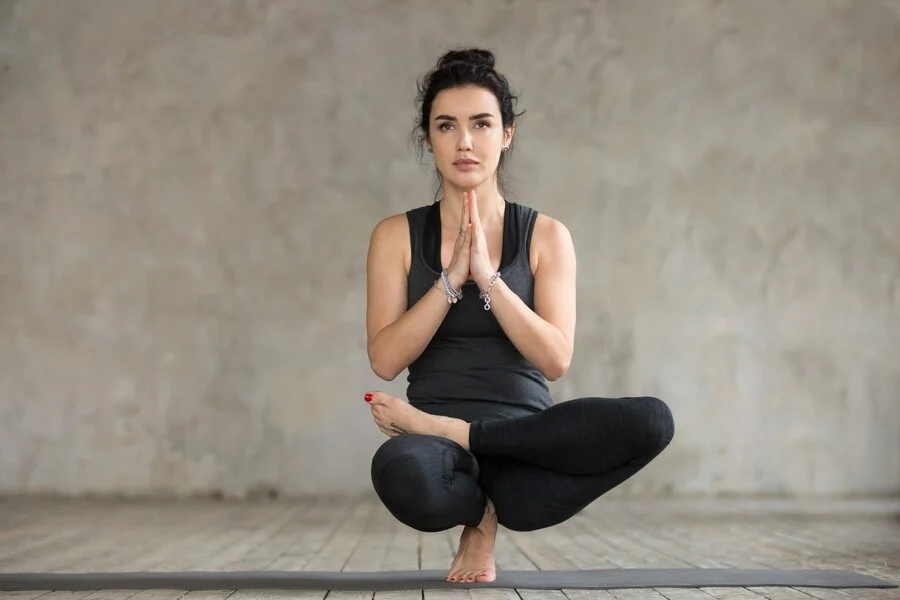Yoga
Yoga is a holistic practice that combines physical postures, breath control, meditation, and ethical principles to promote overall well-being. It originated in ancient India and has evolved into various styles and practices that emphasize physical health, mental clarity, and spiritual growth.
Key Components of Yoga:
Asanas (Postures):
Physical Poses: These are designed to enhance flexibility, strength, balance, and endurance. Common poses include Downward Dog, Warrior poses, and Tree Pose.
Alignment and Technique: Proper alignment is crucial to avoid injury and maximize benefits.
Pranayama (Breath Control):
Breathing Techniques: Practices such as deep breathing, alternate nostril breathing, and extended exhalation help regulate the breath and calm the mind.
Benefits: Improved lung capacity, reduced stress, and enhanced focus.
Mindfulness and Concentration: Meditation practices in yoga aim to quiet the mind and increase self-awareness.
Techniques: Includes guided meditation, mantra repetition, and visualization exercises.
Relaxation: Typically practiced at the end of a session, this pose promotes deep relaxation and integration of the practice.


Benefits of Yoga:
Physical Health:
Flexibility and Strength: Regular practice improves flexibility, builds muscle strength, and enhances joint mobility.
Balance and Coordination: Helps improve physical balance and coordination.
Posture: Can correct and improve posture, reducing strain and discomfort.
Mental Well-being:
Stress Reduction: Yoga encourages relaxation and reduces stress through breath control and meditation.
Mental Clarity: Enhances focus, concentration, and cognitive function.
Emotional Balance: Helps manage emotions and promotes a sense of inner peace.
Spiritual Growth:
Self-Awareness: Fosters a deeper connection to oneself and promotes spiritual awareness.
Mind-Body Connection: Encourages awareness of the interconnectedness of body, mind, and spirit.
